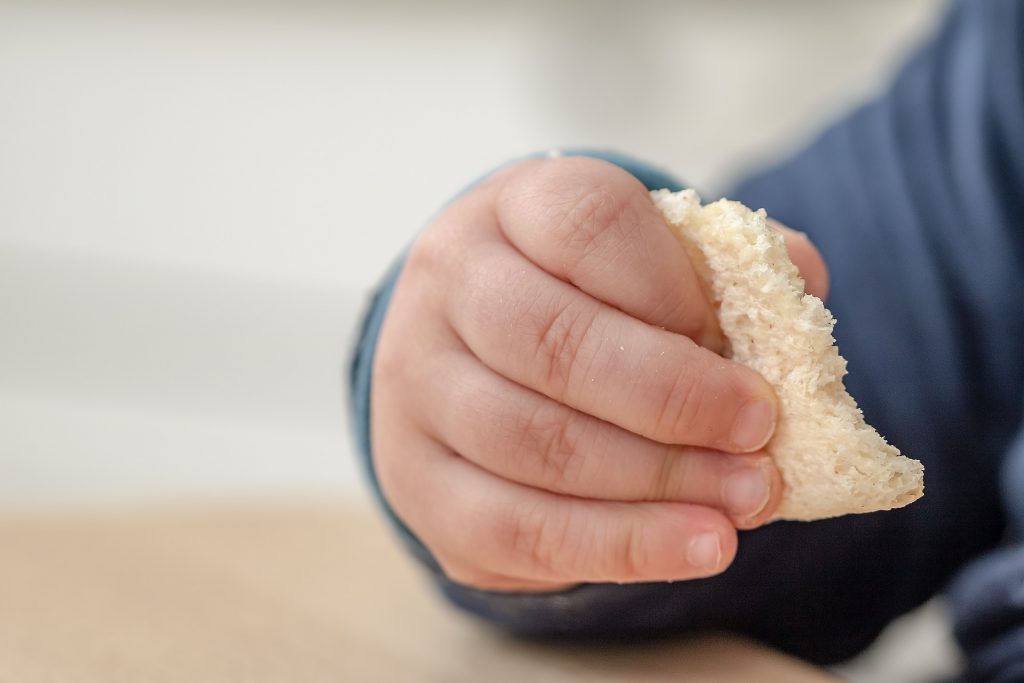Celiac Disease: How to Prevent Your Baby’s Risk

When a woman expects a baby, she probably anticipates her baby will inherit the color of her eyes or hair. But if she is celiac disease, her principal wish could be that her baby does not inherit the inability to care for gluten-free. A post in https://www.santemagazine.fr/sante/maladies/maladies-appareil-digestif/maladie-coeliaque-chez-lenfant-quel-regime-adopter-173482, defines celiac disease as a health condition that damages small intestines due to gluten intake. But there are things you can do to prevent your baby from developing this condition. Here’s how:
Follow a Strict Gluten-Free Diet During Pregnancy
 Anyone with celiac disease should strictly follow a gluten-free diet, especially women who are not pregnant. If a pregnant woman eats gluten during pregnancy, the condition becomes vivid, causing malabsorption of nutrients in the mother and baby. Active celiac disease can also cause miscarriage or infertility if you’re trying to conceive. A gluten-free diet avoids foods containing rye, barley, and grains. Since gluten-free diet is be low in calcium, iron, fiber, zinc, magnesium, vitamins B and D, replace these nutrients with gluten-free mineral supplementation.
Anyone with celiac disease should strictly follow a gluten-free diet, especially women who are not pregnant. If a pregnant woman eats gluten during pregnancy, the condition becomes vivid, causing malabsorption of nutrients in the mother and baby. Active celiac disease can also cause miscarriage or infertility if you’re trying to conceive. A gluten-free diet avoids foods containing rye, barley, and grains. Since gluten-free diet is be low in calcium, iron, fiber, zinc, magnesium, vitamins B and D, replace these nutrients with gluten-free mineral supplementation.
Ask for Genetic Testing for Your Baby
Celiac disease doesn’t become active until the baby eats gluten, so the doctor can’t know if it will have the condition. On the other hand, the doctor can test your child to determine if they carry the gene or genes associated with celiac disease. If the test is negative, you can rest easy knowing that your child will not have celiac disease. If the test is positive, doctors recommend that your child have a blood test for antibodies around age three and then every two to three years to determine if the disease is active. However, if you notice celiac disease symptoms earlier, don’t delay the test.
Introduce Gluten Slowly Between Four to Six Months
Doctors believe that the way a child is introduced to gluten may influence whether they become gluten intolerant. In a recent study, researchers found that introducing gluten-free foods while breastfeeding reduced the child’s risk of developing celiac disease by age 2. The study showed that continuing to breastfeed after introducing gluten also protected the babies. The amount you give your baby is also crucial. The same study found that providing children large amounts of gluten increased their risk of celiac disease compared to children given only minor or moderate amounts. It is recommended to give babies small amounts of gluten between four and six months while breastfeeding. If your baby is doing well on gluten, give him/her a regular diet.
Keep an Eye Out for Symptoms
 Signs of celiac disease in children include nausea, fatigue, irritability, and stunted growth. Typically, it would take weeks or months to detect illnesses that could result from celiac disease. If you notice any of these symptoms, have your baby tested with an antibody blood test. Also, fight the urge to give your baby a gluten-free diet if he/she hasn’t yet been diagnosed. A nutritious diet is hard to follow, and it can be even more complicated if it’s not clinically necessary. Besides, including gluten in the diet can interfere with proper identification.…
Signs of celiac disease in children include nausea, fatigue, irritability, and stunted growth. Typically, it would take weeks or months to detect illnesses that could result from celiac disease. If you notice any of these symptoms, have your baby tested with an antibody blood test. Also, fight the urge to give your baby a gluten-free diet if he/she hasn’t yet been diagnosed. A nutritious diet is hard to follow, and it can be even more complicated if it’s not clinically necessary. Besides, including gluten in the diet can interfere with proper identification.…
